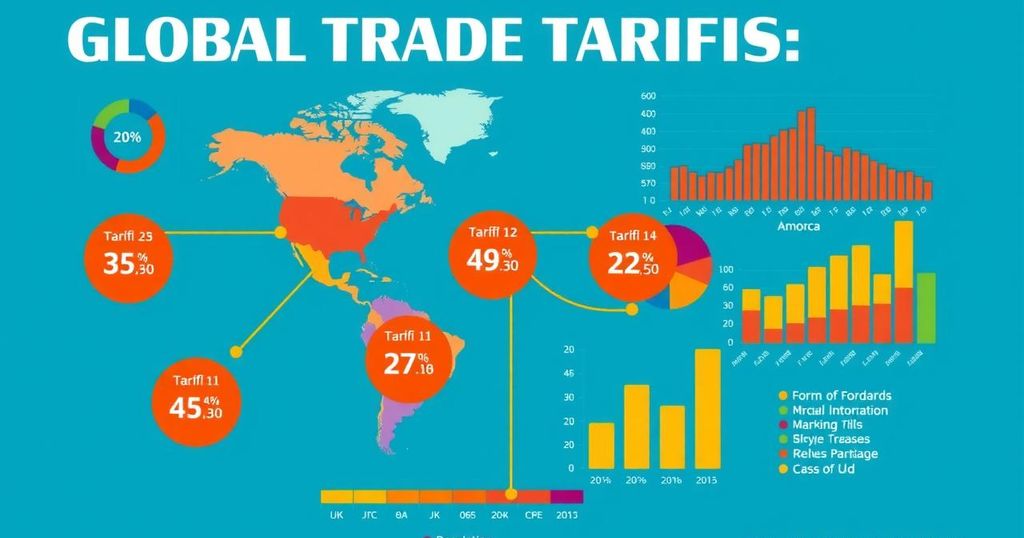As Nigeria prepares for the 2027 general elections, the influence of money in politics raises significant concerns regarding democracy and electoral integrity. Former Imo governor Achike Udenwa warns that financial inducements are undermining free elections, with numerous instances of corruption. The rising costs of campaign financing further complicate the political landscape, necessitating immediate reforms to safeguard the democratic process.
The upcoming 2027 general elections in Nigeria have sparked high-level political discussions, notably concerning President Bola Tinubu’s quest for re-election and the opposition’s efforts to unite against him. However, democracy seems increasingly neglected as politicians focus on power struggles, with electoral reform remaining an issue of low priority. Former Imo governor Achike Udenwa has highlighted that money politics poses a significant threat to the integrity of elections, allowing candidates with substantial resources to easily secure victories regardless of their capabilities.
Udenwa emphasized the troubling reality that voters are often influenced by financial incentives at the polls, stating that people may overlook a candidate’s qualifications in favor of monetary promises. This observation stems from his extensive experience in Nigerian politics, wherein he has witnessed rampant corruption. Money politics is recognized as a primary impediment to a robust democratic culture in the country, with instances of voters accepting prepaid inducements in exchange for their votes.
Elections have been marred by the notorious practice known as ‘see and buy,’ wherein voters are compelled to display their ballot papers to party operatives before receiving financial rewards. This situation undermines democratic values and enables unqualified individuals to ascend to positions of power. Additionally, malfeasance has permeated the judicial system, with members of the legal profession implicated in electoral irregularities. Mahmood Yakubu, the Chairman of the Independent National Electoral Commission (INEC), has vocally advocated for anti-bribery measures during party primaries, as evidence reveals foreign currency bribes to delegates.
The financial burden imposed on political aspirants is another concern, as the costs of nomination forms have surged significantly since the restoration of democracy in Nigeria. For instance, the price of presidential nomination forms has increased by 300 percent between 2015 and 2023. While the Electoral Act 2022 sets spending limits for various candidates, these regulations often remain ineffectual against real-world expenditures. The prosecution of election officials engaged in corrupt practices is commendable but insufficient given the pervasive nature of electoral malpractice.
Reports from entities like the Commonwealth Observer Group highlight that recent electoral reforms have failed to address enduring issues sufficiently. Contrasting Nigeria’s situation, the Federal Election Campaign Act in the United States successfully regulates campaign contributions, and similar strategies could benefit Nigeria’s political environment. To combat systemic corruption, the establishment of an electoral offences commission is essential for overseeing campaign financing. Continued advocacy from civil society organizations is crucial to promote necessary electoral reforms that can enhance Nigeria’s democratic processes and values.
The pervasive influence of money in Nigeria’s political landscape presents a critical threat to the integrity of the democratic process, undermining fair elections and promoting corruption. As the 2027 elections approach, it is imperative for politicians to prioritize electoral reforms to address these issues. Professional oversight, stricter regulations concerning election finance, and robust civil society advocacy will be essential in fostering a more vibrant and authentic democratic culture in Nigeria.
Original Source: punchng.com




